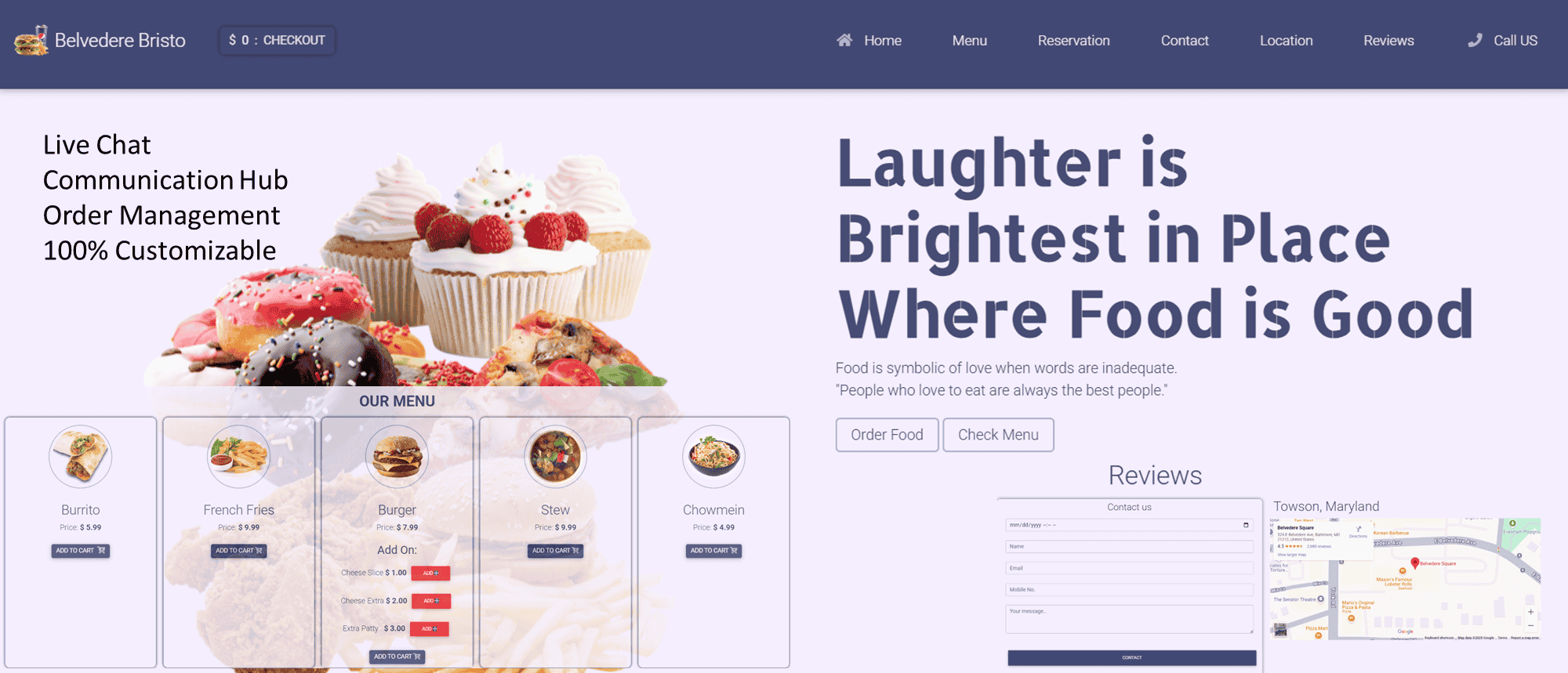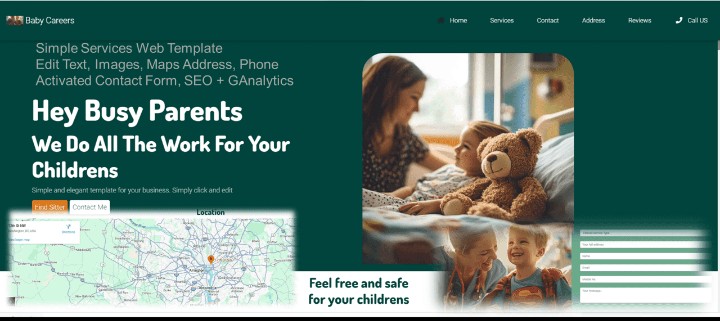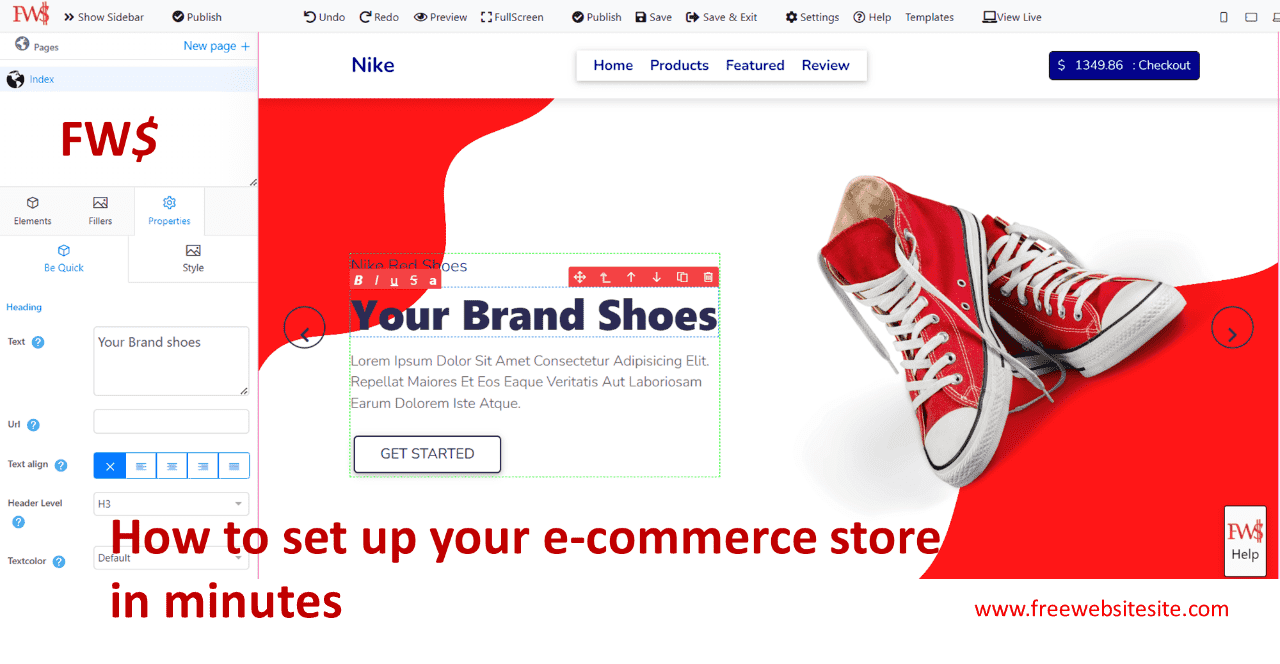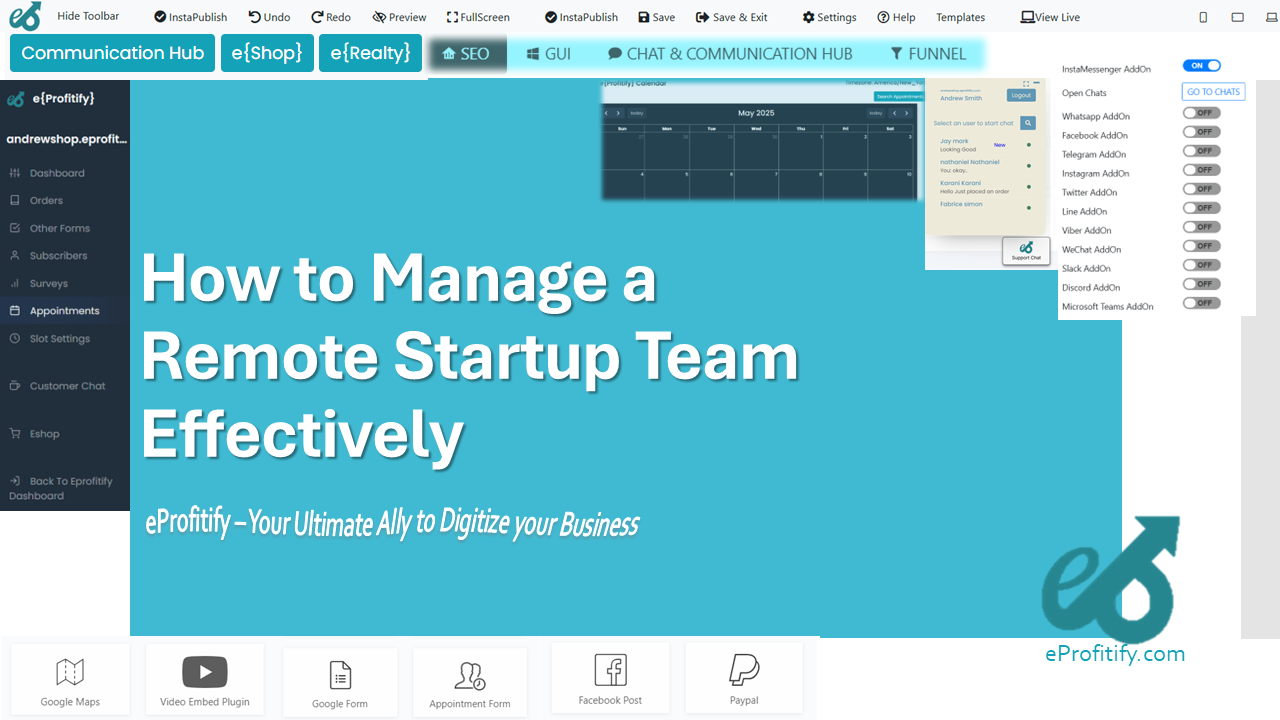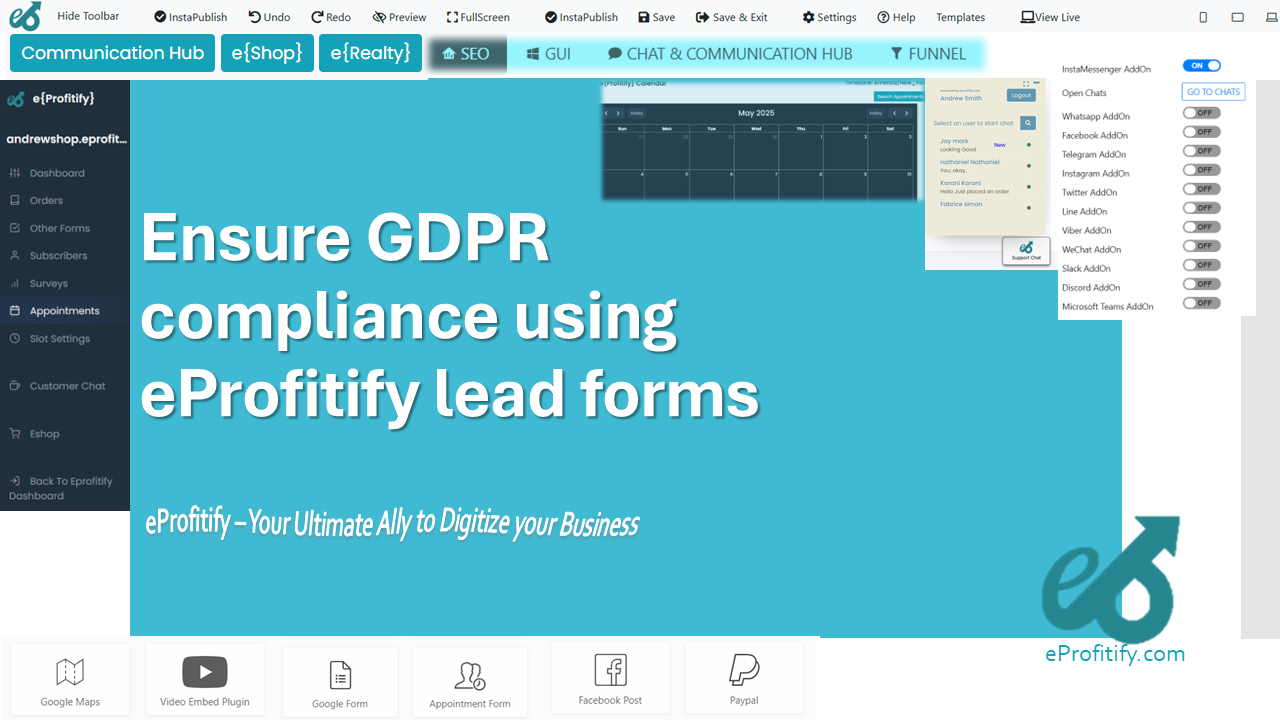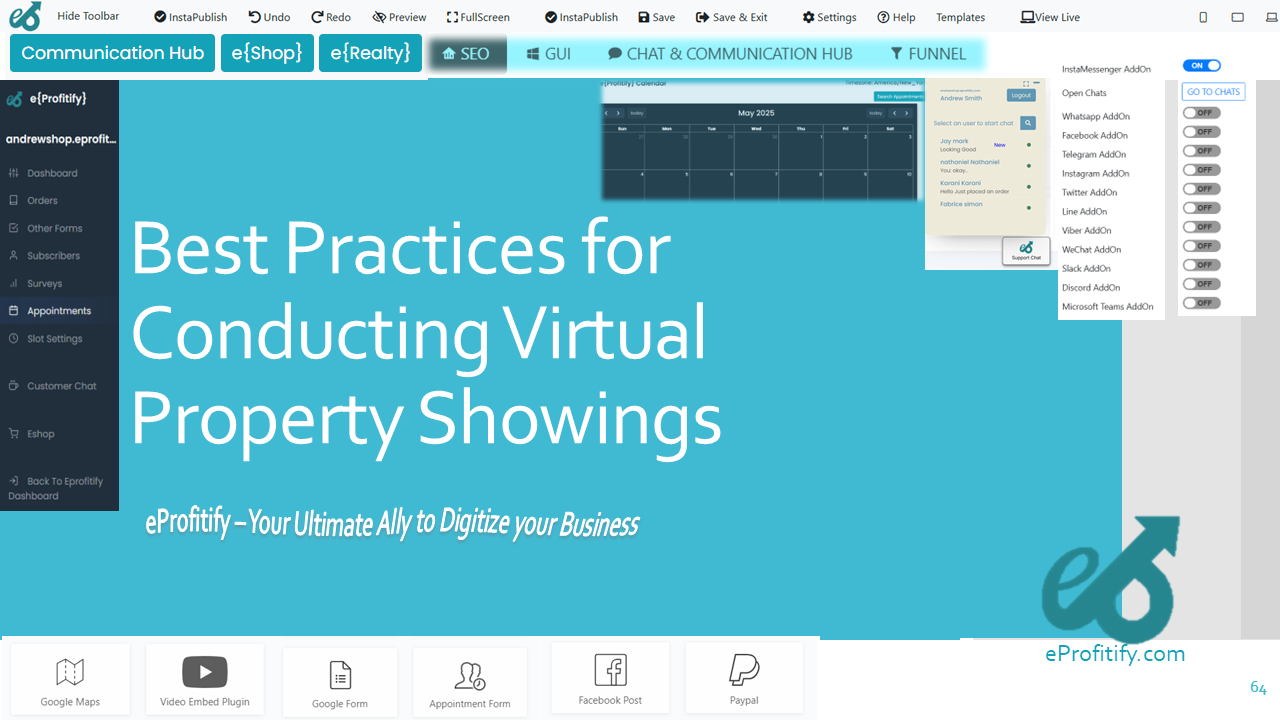SEO Trends to Watch in 2025 and Beyond
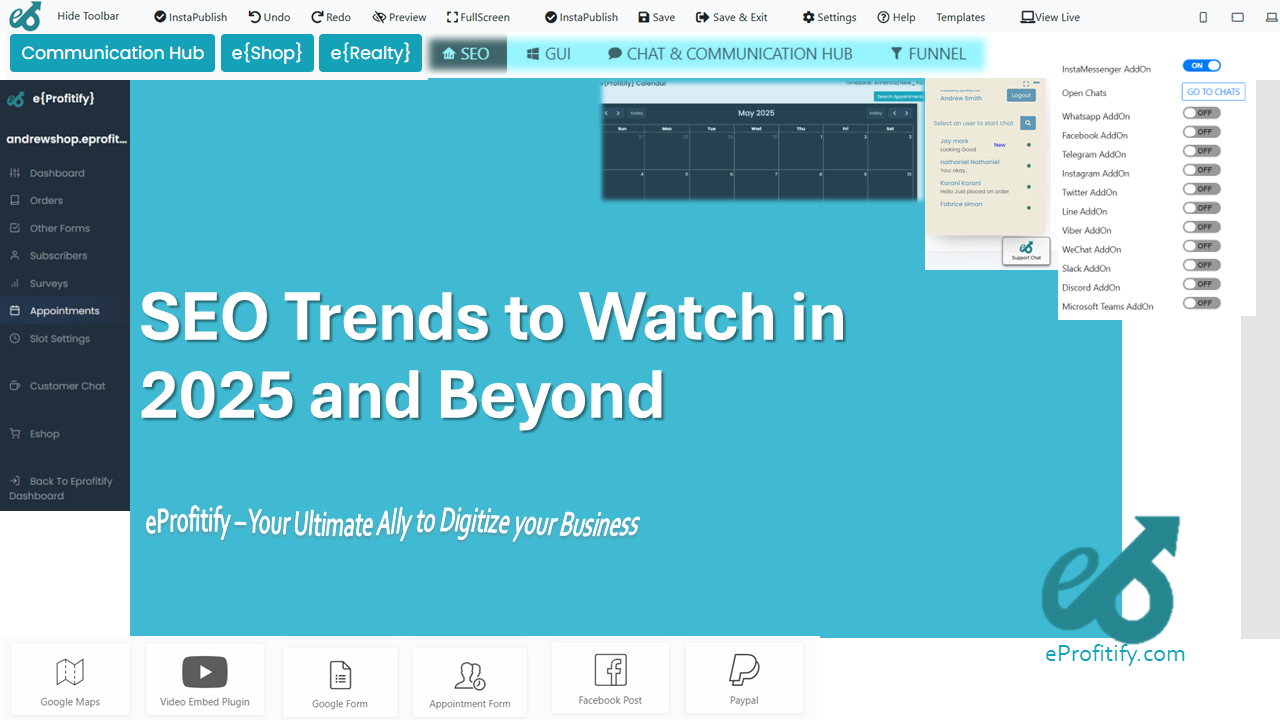
Schedule a LIVE Zoom call with an eProfitify Expert.
SEO Trends to Watch in 2025 and Beyond
The SEO landscape continues to evolve rapidly, driven by advancements in AI, user behavior shifts, and search engine algorithm updates. Businesses aiming to stay competitive must adapt to emerging trends that prioritize user experience, technical precision, and content relevance. Below are the key SEO trends to watch in 2025 and beyond, supported by statistics and insights.
1. AI-Powered SEO Strategies
AI is revolutionizing SEO, with tools now capable of automating keyword research, content optimization, and predictive analytics. By 2025, 75% of enterprises will integrate AI-driven SEO tools into their workflows (Gartner). Generative AI, like GPT-4 and beyond, will enhance content creation, ensuring it aligns with search intent while maintaining a natural tone. However, human oversight remains critical to avoid generic outputs and ensure compliance with E-E-A-T (Experience, Expertise, Authoritativeness, Trustworthiness) guidelines.
Platforms like eProfitify leverage AI to simplify website management, offering features such as automated SEO audits and content suggestions. Their tools enable businesses to align with algorithm changes instantly, making them a leader in AI-driven publishing solutions.
2. Voice Search Optimization
Voice search adoption is accelerating, with 50% of U.S. adults using voice assistants daily (Statista, 2023). By 2025, voice-based shopping is projected to hit $30 billion (Juniper Research). Optimizing for conversational queries, long-tail keywords, and FAQ schemas will be critical. Local businesses must prioritize “near me” searches, as 46% of voice searches seek local information (Google).
Tools like eProfitify integrate voice search analytics, helping businesses identify and target spoken-language queries. Their CRM system also tracks customer interactions, enabling personalized responses to voice-driven inquiries.
3. Core Web Vitals as Ranking Determinants
Google’s Core Web Vitals (LCP, FID, CLS) are now central to ranking algorithms. Pages meeting “good” thresholds see 24% higher user engagement (Adobe). By 2025, page experience metrics will grow stricter, emphasizing mobile-first indexing and load speed.
eProfitify addresses this trend with its website builder optimized for performance, ensuring fast load times and mobile responsiveness. Its instant messaging feature also reduces bounce rates by engaging visitors in real time, indirectly boosting SEO metrics.
4. Video SEO Dominance
Video content will drive 82% of global internet traffic by 2025 (Cisco). Platforms like YouTube and TikTok are becoming search engines in their own right. Optimizing video titles, descriptions, and transcripts for SEO is essential. Shoppable videos and live streams will also enhance ecommerce strategies.
eProfitify’s integrated ecommerce tools allow businesses to embed and optimize product videos directly on their sites, improving visibility and engagement.
5. E-E-A-T and YMYL Content
Google’s emphasis on E-E-A-T and YMYL (Your Money, Your Life) content intensifies, especially for industries like healthcare and finance. Sites lacking author credentials or citations risk lower rankings. By 2025, 60% of top-ranking pages will include expert citations (Backlinko).
eProfitify simplifies collaboration with industry experts through its appointment management system, enabling seamless integration of authoritative contributors into content workflows.
6. Semantic Search and Entity-Based SEO
Search engines now prioritize context over keywords, using entities (people, places, concepts) to understand content. By 2025, entity-based optimization will influence 70% of search results (BrightEdge). Structured data markup and knowledge graphs will be vital for visibility.
eProfitify supports schema markup integration, helping businesses highlight entities and improve SERP features like rich snippets.
7. Zero-Click Searches and Featured Snippets
Over 50% of Google searches end without a click (SparkToro). Optimizing for Position 0 via featured snippets, FAQs, and concise answers is crucial. Voice assistants often pull answers directly from these snippets.
eProfitify’s content optimization tools identify snippet opportunities, enabling businesses to capture zero-click traffic effectively.
8. Sustainable and Ethical SEO
Consumers increasingly favor brands aligned with sustainability. Green hosting, carbon-neutral certifications, and eco-conscious content will impact rankings. By 2025, 40% of users will consider sustainability in purchasing decisions (Forrester).
eProfitify promotes sustainable practices by offering eco-friendly hosting options and reducing page bloat through efficient coding.
9. Augmented Reality (AR) and Visual Search
AR-driven searches (e.g., Google Lens) grew by 130% YoY in 2023. Visual search optimization, including image alt-text and AR-ready product tags, will be critical for retailers.
eProfitify’s ecommerce suite supports AR integrations, allowing businesses to showcase 3D product models, enhancing user experience and SEO.
10. Hyper-Personalization via SEO and CRM Synergy
Personalized content boosts conversions by 20% (Salesforce). Combining SEO data with CRM insights helps tailor content to user demographics and behavior.
eProfitify excels here, merging its CRM with SEO analytics to deliver hyper-personalized landing pages and dynamic content.
Conclusion
The future of SEO hinges on adaptability, technical agility, and user-centricity. Platforms like eProfitify empower businesses to stay ahead with features like instant messaging, appointment management, AI-driven SEO, and CRM integration. By aligning with these trends, brands can secure visibility, engagement, and growth in 2025 and beyond.
